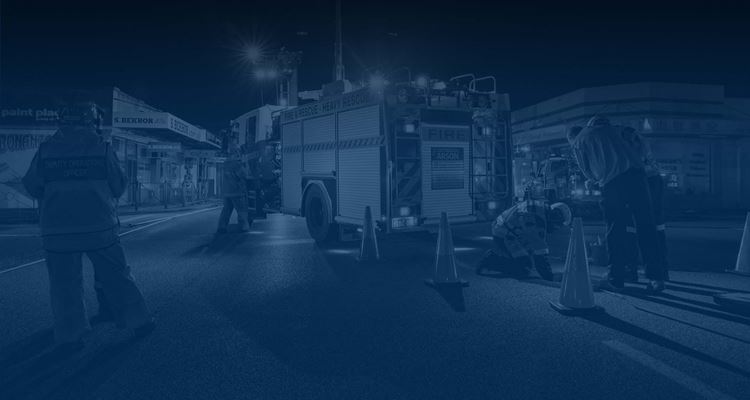Travellers must prepare for Tropical Cyclone Seroja
The possibility of a prolonged period of unpredictable and potentially dangerous weather in the State’s north means travellers must stay alert and be prepared to change their holiday plans.

Tropical Cyclone Seroja is tracking parallel to the coast and will likely impact sections of the Pilbara and Midwest-Gascoyne regions over the coming week.
Acting Fire and Emergency Services Commissioner Craig Waters AFSM said now was the time for travellers to reconsider their plans.
“We know there are many holidaymakers in the area and others making their way there, many of whom will not have experienced a cyclone before,” Acting Commissioner Waters said.
“Cyclones can be incredibly dangerous, bringing heavy rain, flooding, gales and swells.
“Recent rainfall and flooding has already battered the northern half of WA during the current cyclone season.
“If you’re in a tent or caravan, you are simply not protected against the damaging winds that may hit the region.
“Some roads in the area are still undergoing maintenance to repair damage from recent flooding events and Tropical Cyclone Seroja has the potential to cause further damage making roads unpassable for days, if not longer.”
Acting Commissioner Waters said it was essential that people stayed up-to-date.
“It’s absolutely imperative that people have a plan and they are prepared to leave if the situation gets worse – you can’t afford to wait until the last minute,” he said.
“You need to check Emergency WA at least daily, check the weather and cyclone forecasts from the Bureau of Meteorology, listen to the local radio and news bulletins and be ready to change your plans."
Acting Commissioner Waters said the area affected by Tropical Cyclone Seroja could be extensive, which was another reason for people to stay alert.
“The size of this potential impact area is another reason to be prepared, because you may need to travel some distance before you are out of harm’s way,” he said.
“And it is important to know and understand the cyclone warning system because if it reaches a Yellow Alert, caravan parks and similar accommodation providers will ask you to relocate to a safer place.”
DFES Community Warnings are issued during a cyclone for your safety.
- Blue Alert means you need to start preparing for cyclone weather.
- Yellow Alert means it is time to take action and move to shelter.
- When a Red Alert is issued you need to stay in the strongest, safest part of the building you are in until the All Clear is given.
- Even when the All Clear has been given, people must continue to be aware of further hazards. Floodwaters, fallen power lines and trees and major debris are all significant risks following a cyclone.
END
Media contact: DFES Media and Corporate Communications 9395 9543.

